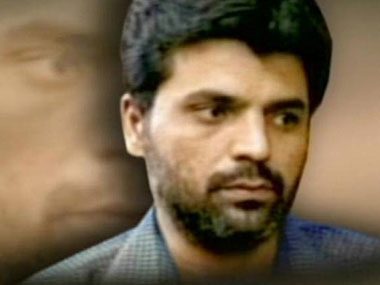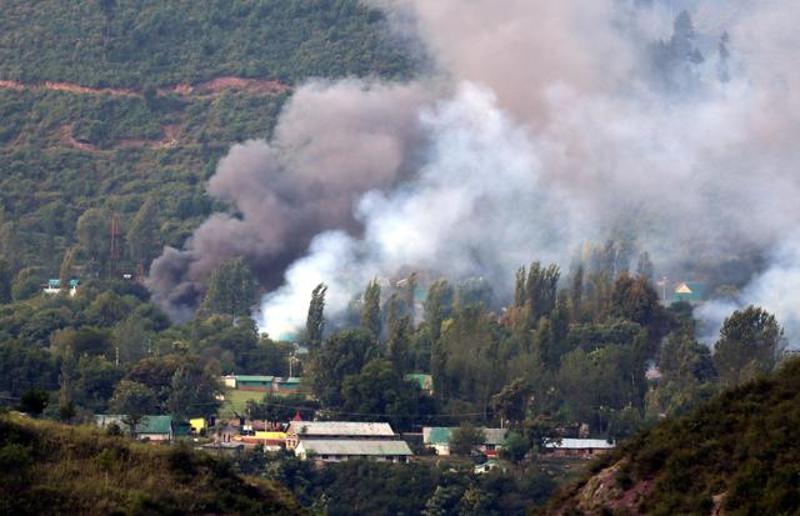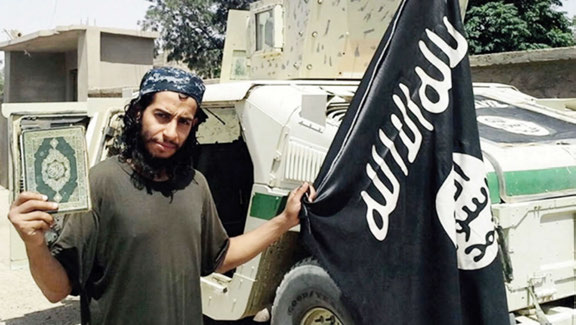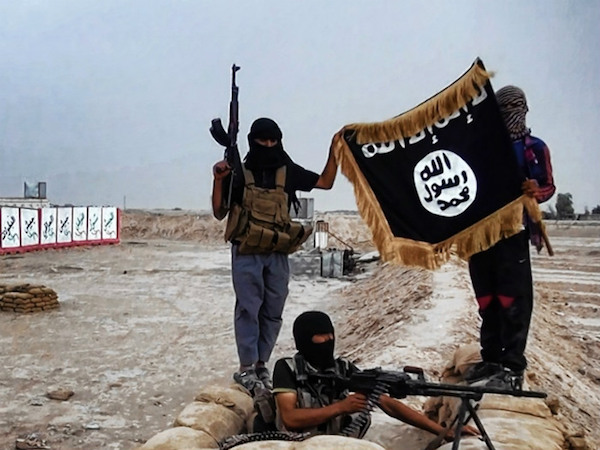
NEW DELHI (TIP): Twenty two years after 13 explosions rocked Mumbai leaving 257 dead and over 700 injured, one of the main accused Yakub Abdul Razak Memon is likely to be hanged at the month-end.
Stage was set for the hanging of the serial bombings accused after the Supreme Court dismissed a curative petition. While the two key accused in the bombings, Dawood Ibrahim and Tiger Memon remain absconding, Yakub has been convicted for arranging and distributing money for the terrorist operation, facilitating air tickets for the other conspirators to undergo weapons training in Pakistan, possessing hand grenades and detonators supplied by his brother Tiger Memon and for purchasing vehicles in which the bombs were planted.
Rejecting the curative mercy petition, a Supreme Court three judge bench led by Chief Justice H L Dattu rejected the convicts’s contention that he was a victim of bias and that principles of natural justice were ignored in his case.
Yakub was awarded the death sentence by TADA court and an anti terror court had already issued warrant for his execution in the premises of the Nagpur jail. The Supreme Court had earlier dismissed his review petition while a mercy plea has also been rejected by the President.
However, the mercy petition was filed by his brother Suleman and Yakub has now filed another mercy petition in his own name in a last ditch attempt to escape the gallows. This may buy him a little time (incidently his birthday is also on July 30) but there is little likelihood of his mercy petition being accepted by the President. Also as per an earlier Supreme Court guidelines, there should be a gap of at least 14 days between the rejection of a mercy petition and execution.
Yakub, who is a trained chartered accountant, had said in his appeal that he was suffering from schizophrenia since 1996. He also took the plea that while he could be accused of being a conspirator, he was not involved in executing the blasts.
There are a total number of 193 accused in the case out of which 35 are absconding. In all 11 accused died during the trail and two had turned approver. No less than 100 of the accused have been convicted and 48 of them were found guilty of conspiracy. Earlier 26 accused were discharged by a special TADA court and two others were subsequently discharged by the Supreme Court.
|
A study conducted by the National Law University, Delhi and the Law Commission, has come out with some revealing figures although there has always been a lurking suspicion of the trend. The findings of the study, which were released in the wake of Supreme Court rejecting Yakub’s mercy petition, pointed out that more than 75 per cent of death row convicts in the country belonged to the Backward Classes and Minorities, 75 per cent were economically vulnerable and over 93 per cent of those sentenced for terror crimes were either Dalits or belonged to minority communities. The study indicated that in most cases they were unable to afford proper legal assistance. It also found that 23 per cent of such convicts had no schooling and most others were undergraduates, They were not allowed to attend court proceedings and had inadequate interaction with their lawyers. They were also lodged in separate barracks and generally remained in solitary confinement for long periods. The study, first of is kind in India, analyzed data relating to 373 death row convicts over a period of 15 years. Though the Supreme Court has laid down in 1980 that the death penalty can be given only in “rarest of rare” cases, the Indian courts have awarded death sentence to over 5000 convicts during the period from 2004 to 2013. Of these 1303 death sentences were confirmed by higher courts and the rest commuted to life sentences. Also during the period only three death row convicts were executed. There is also a debate raging over whether the death penalty should be completely scrapped because of its irreversible and retributive nature. |





Be the first to comment